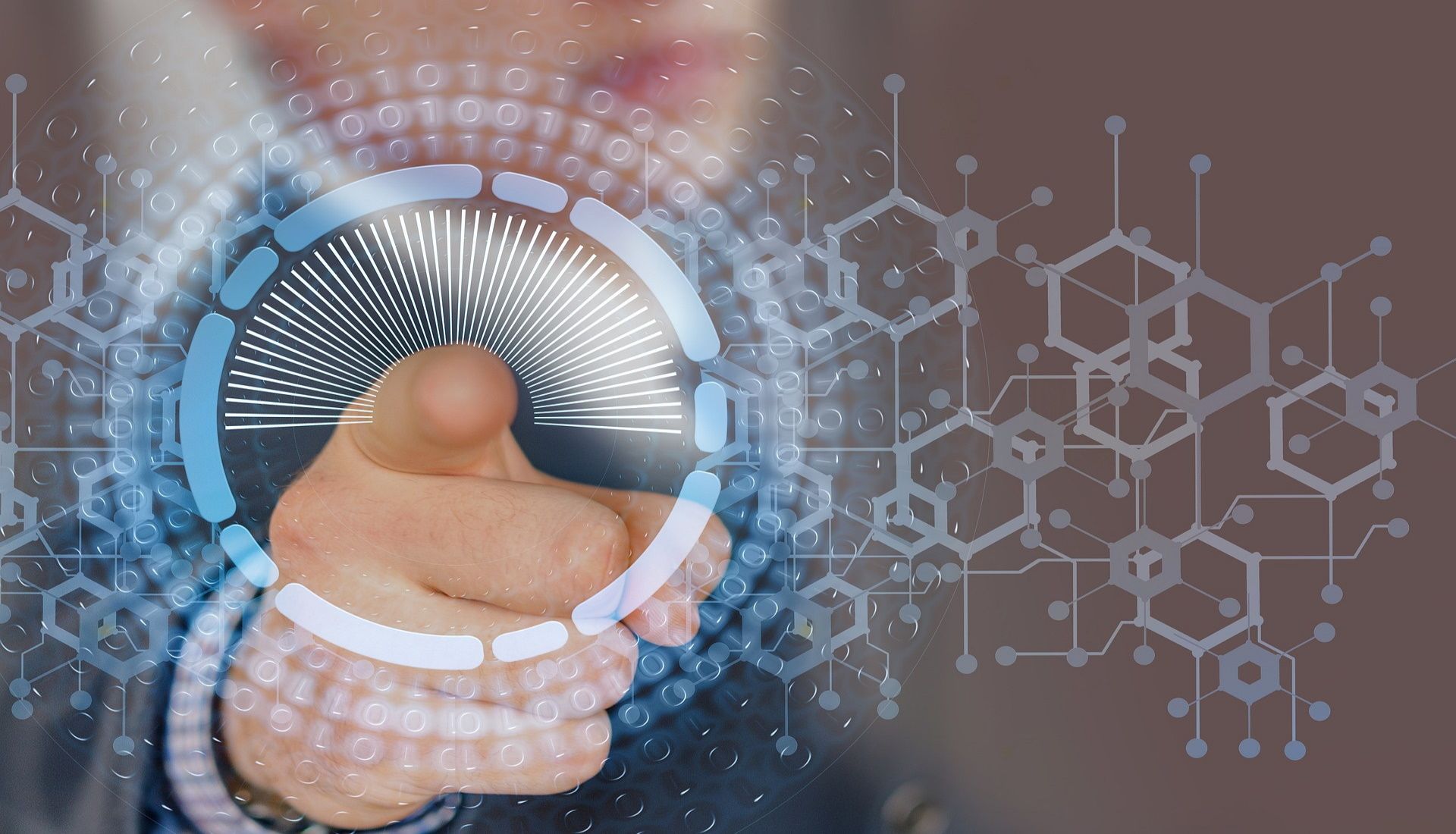
5 ways to protect yourself online
Cyber Security attacks and breaches effect everyone, including home users. Hackers can potentially make money from any computer user in a variety of ways and we've put together a few simple tips for keeping yourself safe online.
1. Security Software
Always have security software on your PC and keep it up to date. This should include an AntiVirus package and software firewall (either the built-in Windows Firewall or choose an AntiVirus package with Firewall included). There are loads of effective free or low cost security packages available for home users, and business solutions don't need to break the bank either. Security Software should be set to update automatically everyday as a minimum and should have active scanning enabled so that it is constantly looking for threats.
2. Password Good Practice
Passwords are one of the best ways a hacker can compromise someone's account; passwords can be guessed, social engineered or brute force attacked and using simple or easy to guess passwords will make the hackers life even easier. If you use the same password on multiple systems or websites then it is likely they will be compromised soon after. Always use different passwords on each system and website and never use simple passwords with content that relates to anything in your life e.g. names, significant dates, your occupation etc. Try using multiple words (multiple words are quicker to type and easier to remember than a complex, random password, but are hard to guess or brute force as long as they don't relate to your life) and if the relevant system allows it, put spaces between the words; alternate the upper and lower case and throw some numbers and symbols in. Or try one of the many password manager applications which will produce a unique, long, random and complex password for every website and insert the passwords for you so you don't even need to know them!
3. Multi-Factor Authentication
Always say yes to MFA! Multi-Factor Authentication is the practice of using a method of confirming your credentials in addition to your password. This will usually take the form of a one-time passcode sent to your mobile as a TXT message, or a code generated on an App on your mobile. MFA provides a significant enhancement to security; if your password is compromised in any way, the hacker will not be able to login as they won't have access to your MFA method. MFA is not full-proof but it presents a huge improvement upon passwords alone.
4. Only click when you're sure
It may sound a bit 1984, but when using any technology the safest approach is to assume everything is malicious until you are certain otherwise. Around half of the email traffic on the internet is Spam; Spam messages could contain or link to malicious programs (viruses) or they may be an attempt at scamming, fraud or identity theft. Generally, if you aren't expecting a specific email from a specific person, treat it with caution. It never hurts to double check by calling or using Instant Messaging to confirm the sender really did send the email.
5. Use VPNs in public
The lure of free public wifi in cafes and airports may be appealing but they are also an incredibly easy way for hackers to compromise your security. Your traffic could be intercepted in a number of ways which could mean your credentials are stolen, or you may even be redirected to malicious websites. You can protect yourself from these threats by using a VPN service which will encrypt your traffic and tunnel it via the VPN provider.